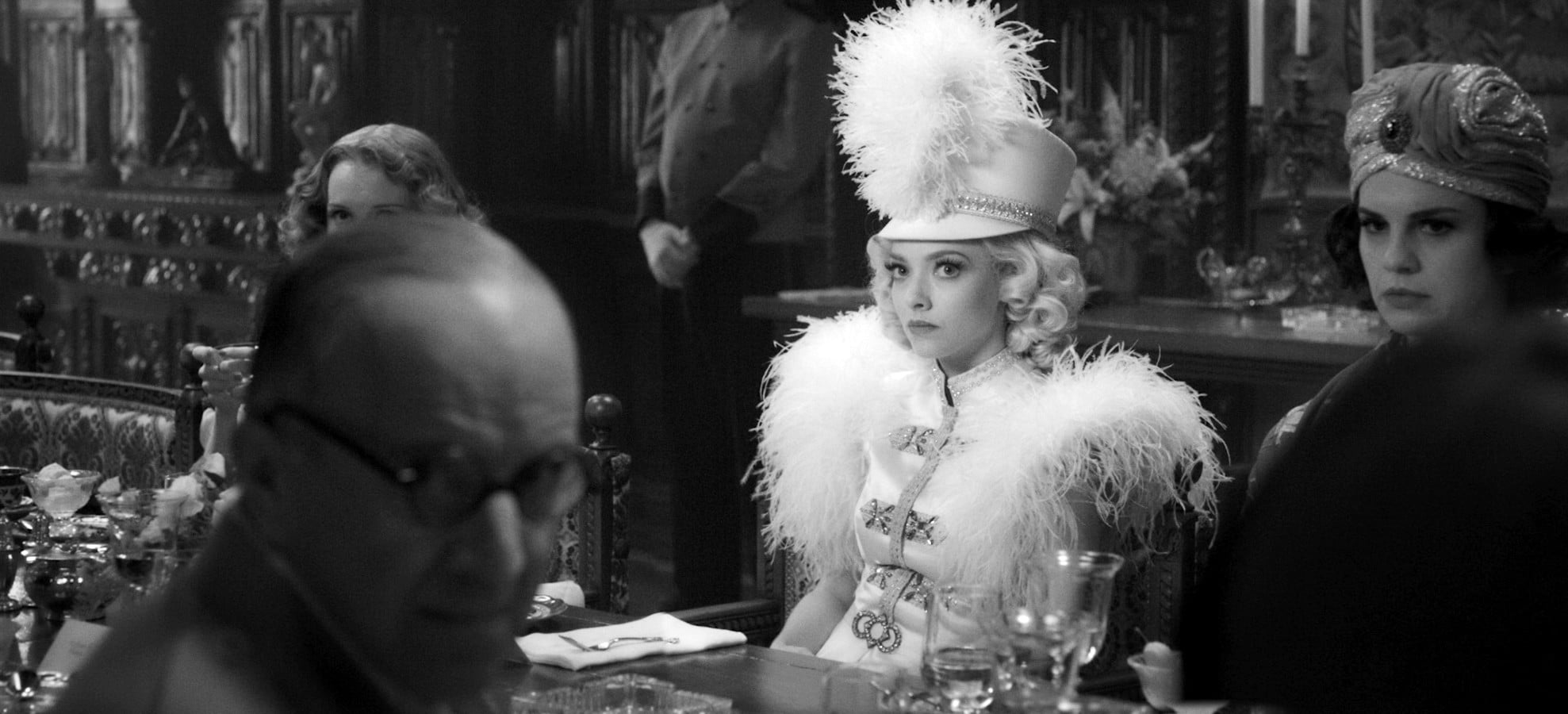
Brought to life by a stellar cast of A-listers [1], David Fincher's Golden Era-styled Netflix drama, Mank, hops back and forth in time to develop a rounded picture of its troubled genius subject, screenwriter Herman Mankiewicz (Gary Oldman). A love letter to the early days of Hollywood showbiz, the black-and-white film (penned by Fincher's late father, Jack) mostly follows the development of Citizen Kane. But how much of Mank is based on a true story [2], and how much of it is proverbial movie magic? While there's the occasional Hollywood flourish here and there, much of Mank is rooted in reality.
Did Mankiewicz Write Citizen Kane at a Ranch?
Early in the film, Mankiewicz, an established critic-turned-screenwriter, emerges from a car accident. He ends up at a quiet ranch in Victorville, CA, with a secretary named Rita Alexander (Lily Collins), who helps him type up the script for Citizen Kane. Filmmaker Orson Welles (Tom Burke) occasionally phones him and sends over his colleague John Houseman (Sam Troughton) to watch over Mankiewicz, who struggles with alcohol addiction.
All of this did happen. RKO Pictures gave Welles, a young filmmaker, carte blanche with his first feature film [3], and Welles collaborated with Mankiewicz. In 1939, Mankiewicz badly broke his leg [4] in an accident in which he was the passenger, ending up in a half-body cast. Dispatching Houseman to watch over the screenwriter, Welles rented out Verde Ranch in Victorville [5], where Mankiewicz worked while recovering. Mankiewicz's typist, Alexander, was a real person and in fact lent her name to Citizen Kane's Susan Alexander [6].
Mankiewicz put together an early draft of Citizen Kane, signing a contract to be a script doctor [7] without credit. However, he later fought for credit and got it. There's controversy over how much of the script Welles actually wrote and revised, but it seems like claims that Mankiewicz solely penned the film are exaggerated [8].
How Much Did Upton Sinclair Influence Mankiewicz?
Upton Sinclair (Bill Nye — yes, The Science Guy) is a political focal point in the movie, and he's the part of this Citizen Kane origin story where Mank takes the most creative liberty. Sinclair's 1934 bid for California governor [9] plays a pivotal role in the film. The Hollywood bigwigs who work with Mankiewicz throw their all behind Republican candidate Frank Merriam, Sinclair's opponent. Mankiewicz's friend, director Shelly Metcalf (Jamie McShane), is so guilt-ridden about his complicity in creating staged propaganda ads for Merriam that he shoots himself on election night.
A prominent socialist and writer, Sinclair is best known for exposing corruption in the meatpacking industry in The Jungle (1906) [10]. He indeed ran as a Democrat with a platform to end poverty, promising to tax the film industry and the wealthy. Producer Irving Thalberg (Ferdinand Kingsley) helped create staged pseudo-newsreel propaganda videos [11] that dampened Sinclair's chances during the election. However, the director of these clips, Felix Feist, did not face as much of a personal moral dilemma as Metcalf did [12] in the movie. Not much is known about Mankiewicz's actual political leanings and whether or not he supported Sinclair. (It's believed that he leaned somewhat conservative [13].) Metcalf appears to be a fictional character, partially drawn up for Mankiewicz's emotional arc.
How Well Did Mankiewicz Know Hearst?
As history would have it, Citizen Kane is loosely based on newspaper magnate William Randolph Hearst's life. Mank depicts Mankiewicz's relationship with Hearst (Charles Dance) and his mistress Marion Davies (Amanda Seyfried [14]) as initially friendly. Hearst invites him to quite a few dinner parties, and Davies and Mankiewicz bond over alcohol. In the film, Davies is even close enough with the titular character that she asks him to shelve his script.
In real life, Mankiewicz knew Hearst at least socially, as he was friends with Davies's nephew Charles Lederer [15] (Joseph Cross). He often came over to Hearst and Davies's parties [16], which seldom got out of hand since Hearst notoriously escorted drunk guests out [17]. But it's unlikely that Davies went to Mankiewicz and begged him not to make Citizen Kane. She reportedly never saw it herself, although she'd be associated with the unflattering character of Susan Alexander. Now, she's considered a talented performer and businesswoman who genuinely appeared to care for the media mogul — in fact, she bailed him out of his financial troubles [18]. Hearst himself was very proactive about shutting down the film and tried to suppress the film's coverage and end Welles's career [19].